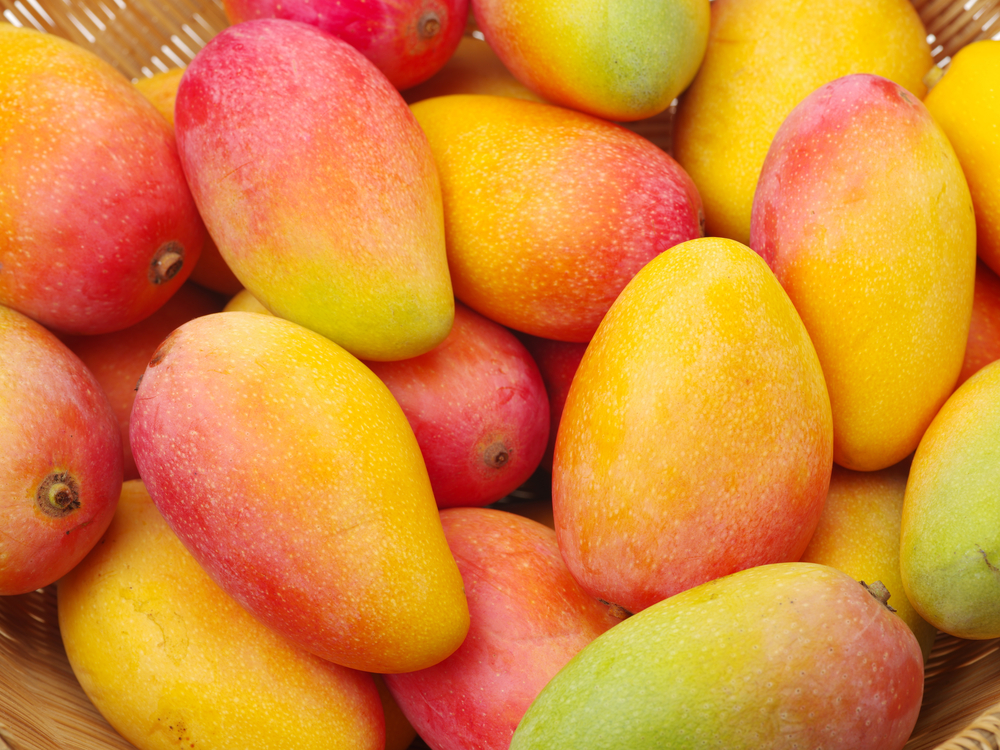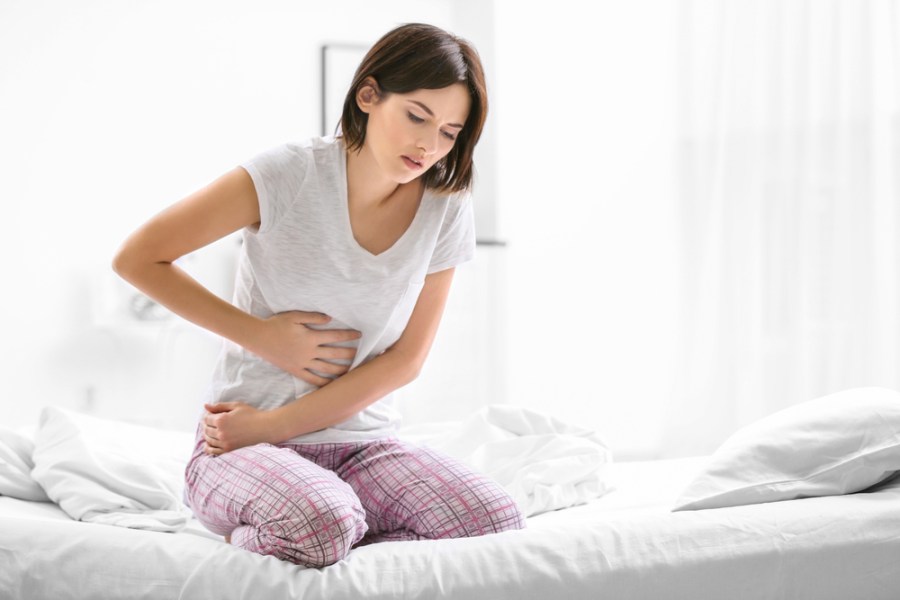Constipation is a common problem for gut health, but there are lots of simple remedies to try.
Which foods can help cure constipation?
Feeling bunged up? Try one of these fibre-filled foods
- Rhubarb is a natural laxative and helps with tummy pain
- A cup of nettle tea or nettle soup
- Fresh mint tea can help with bloating
- Prunes are often used to regulate the bowels as they contain fibre and sorbitol which isn’t easily digested and can induce a laxative effect
- Apples are packed with dietary fibre pectin, which was shown in a study to accelerate stool movement and increase good gut bacteria
- Figs, either fresh or dried, have been shown to improve stool consistency and stop stomach pain
- Fresh greens such as spinach and broccoli are full of vitamins, and also add weight to stools making them easier to pass
- Make sure to drink plenty of water to help lubricate your digestive system properly – being dehydrated is often a cause of constipation
- Dairy products such as kefir and yoghurt that have probiotic properties have been found in a study from 2014 to help soften stools and improve symptoms of constipation
- Pulses such as beans, lentils and chickpeas are high in fibre and help get things moving again
- Clear soups are packed with nutrients as well as helping rehydrate you
- Wheat bran is packed with insoluble fibre that can help you poo
- Broccoli contains sulforaphane, which is known to ease digestion and protect your gut – a study found that people who ate raw broccoli sprouts had quicker bowel movements
- Grapes are packed with fibre as well as having a high water content to rehydrate you
- Kiwi fruits are similarly packed with water and have high fibre levels.
Mangoes: a natural remedy for constipation!

So much for an apple a day keeping the doctor away… Not only are mangoes delicious and packed with fibre but it turns out they are one of the most powerful foods for relieving digestive problems, according to new research.
The tasty fruit is said to treat constipation and gut inflammation more effectively than an equivalent amount of fibre powder.
A four-week study of people with chronic constipation found those given 300g mango (roughly one fruit) per day found their symptoms reduced much more significantly than those given fibre supplements.
Not only that, but mangoes improved gut health overall, boosting good bacteria and reducing inflammation.
What is constipation?

Constipation is a common condition that means your bowel movements or infrequent or hard to pass.
What happens when you are constipated?
You might feel bloated, have stomach pain, feel sick or feel like you haven’t completed a bowel movement.
What are the symptoms of constipation?
If you’re finding it hard to poo, or you’re going to the toilet less often than usual, you may be constipated. You ought to be pooing at least three times a week. Also if your stool is hard and dry or larger or smaller than usual.
Why am I constipated?
Constipation can affect people of any age and is very common, although more so in children, older people and pregnant women. It’s estimated that one in seven adults is suffering from constipation at any given time. It either means that you’re struggling to empty your bowel fully or that you’re not pooing often enough.
Can constipation be serious?
While it’s a common problem, prolonged constipated can lead to complications such as haemorrhoids, anal fissures or fecal impaction.
What is fecal impaction?
Fecal impaction can be caused by constipation, and is essentially a build up of poo in your rectum. If you’ve had a long period of constipation followed by a bout of diarrhoea, this could be a symptom. There are several treatments available via your GP.
What does it mean when you can’t poo?
There are different reasons why you might suffer from constipation. It could be a side effect from medication or a medical condition – if you suspect that might be the case, it’s worth speaking to you GP. It can also be common during pregnancy.
Otherwise it could be:
- You’re not eating enough fibre
- Not drinking enough water
- Not exercising enough
- Changing your diet or daily routine
- Stress, anxiety or depression
- Ignoring your need to go to the toilet
What helps constipation fast?
 Speak to your pharmacist for a suitable laxative, which work in the short term.
Speak to your pharmacist for a suitable laxative, which work in the short term.
Longer term, altering your diet to include more fibre, plenty of water and avoiding alcohol can help. Go for a walk or even a run to help get things moving.
In future, don’t delay when you need to poo, and give yourself plenty of time so you aren’t rushed. You could try lifting up your feet when you’re on the toilet to make things easier.
When should you see a doctor for constipation?
If you’ve taken treatment and haven’t seen any improvement, are regularly constipated or bloated, have unexpectedly lost weight, feel tired all the time or have blood in your poo. Your doctor will be able to investigate and prescribe an oral laxative.
- More tips on how to keep your gut healthy
New light therapy treatment for constipation
A new study has found that blue light therapy could actually work to treat constipation better than laxatives. Researchers in Australia and America discovered that introducing certain proteins into the gut can make it sensitive to light. Shining a blue light into the colon can then stimulate bowel movements.







